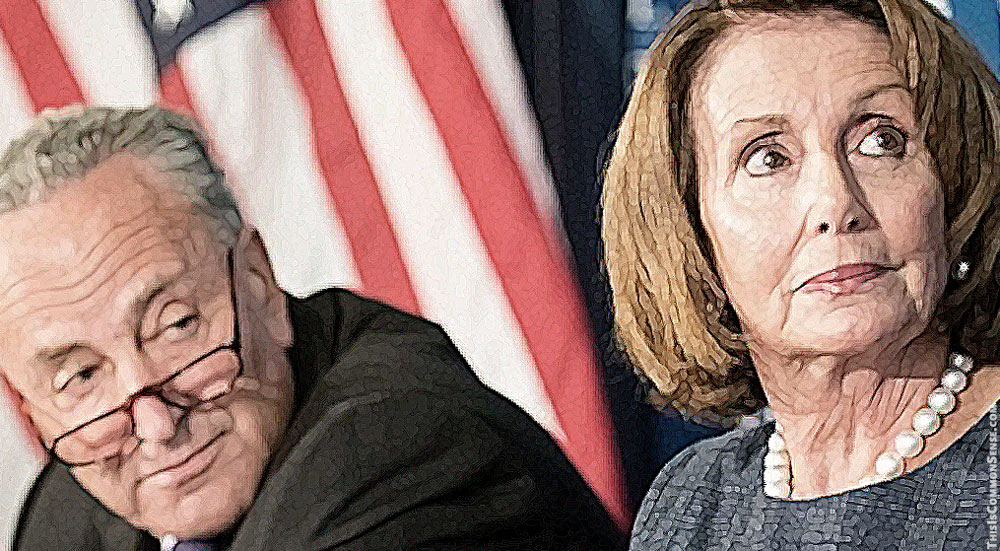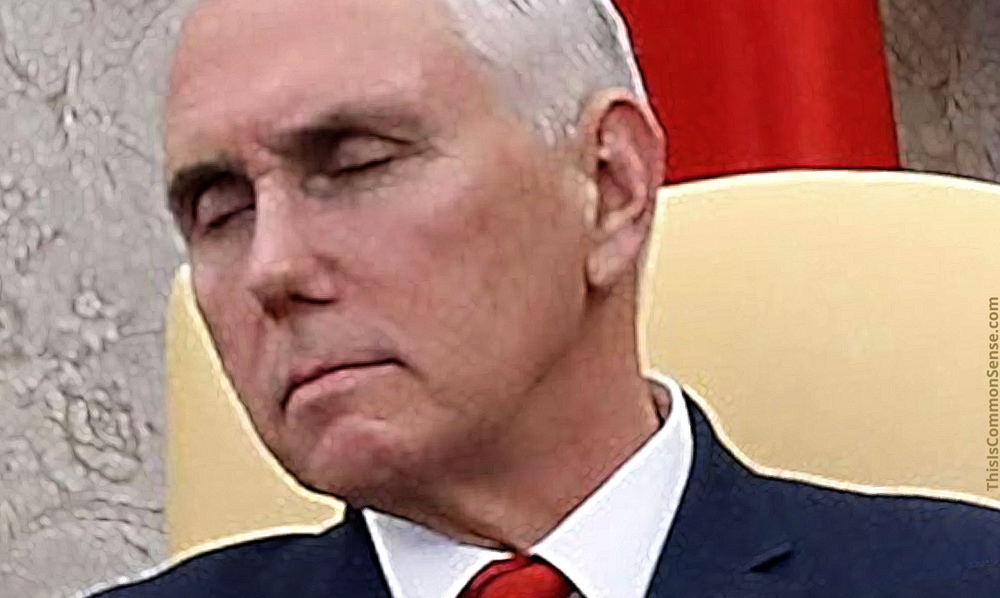Last week, the National Aeronautics and Space Administration (NASA), “America’s civil space program and the global leader in space exploration,” got in on the UFO disclosure racket.
Why that word, “racket”?
UFO skeptics and mockers have been using that sort of word to describe the subject itself — unidentified advanced aerial phenomena on the planet — but now we hear UFO “nuts” useit to describe NASA’s announcement.
“A crock,” says Tyler Glockner of the popular SecureTeam10 channel, reminding us of NASA’s nickname: “Never A Straight Answer.”
Many UFO researchers believe that NASA has been “in” on “the UFO cover-up” from the beginning of its mission.
I know nothing about that, but I do know that we cannot trust government.
While rumors about NASA programs to scrub photos of the Moon and Mars to get rid of alien structures on the surfaces of those two bodies, as well as alien craft, are outlandish, so to speak — it surely looks like something is going on regarding UFOs.
While NASA insists that it “is not part of the Department of Defense’s Unidentified Aerial Phenomena Task Force or its successor, the Airborne Object Identification and Management Synchronization Group,” which have so far dominated recent UFO news headlines, it does proclaim that it is coordinating with other agencies.
More significantly, physicist Michio Kaku recently changed his tune on UFOs, and is talking of an independent research group that confirms the physical reality of UFOs darting about with advanced physical attributes.
Not new, I know: same thing French scientist Jacques Vallee wrote in the 1960s, and General Twining apparently memo’ed in the ’40s.
In covering this issue for the last few years, my point has been: government transparency. Let’s remember the long history of government agencies stringing us opaquely along.
This is Common Sense. I’m Paul Jacob.
—
See all recent commentary
(simplified and organized)









